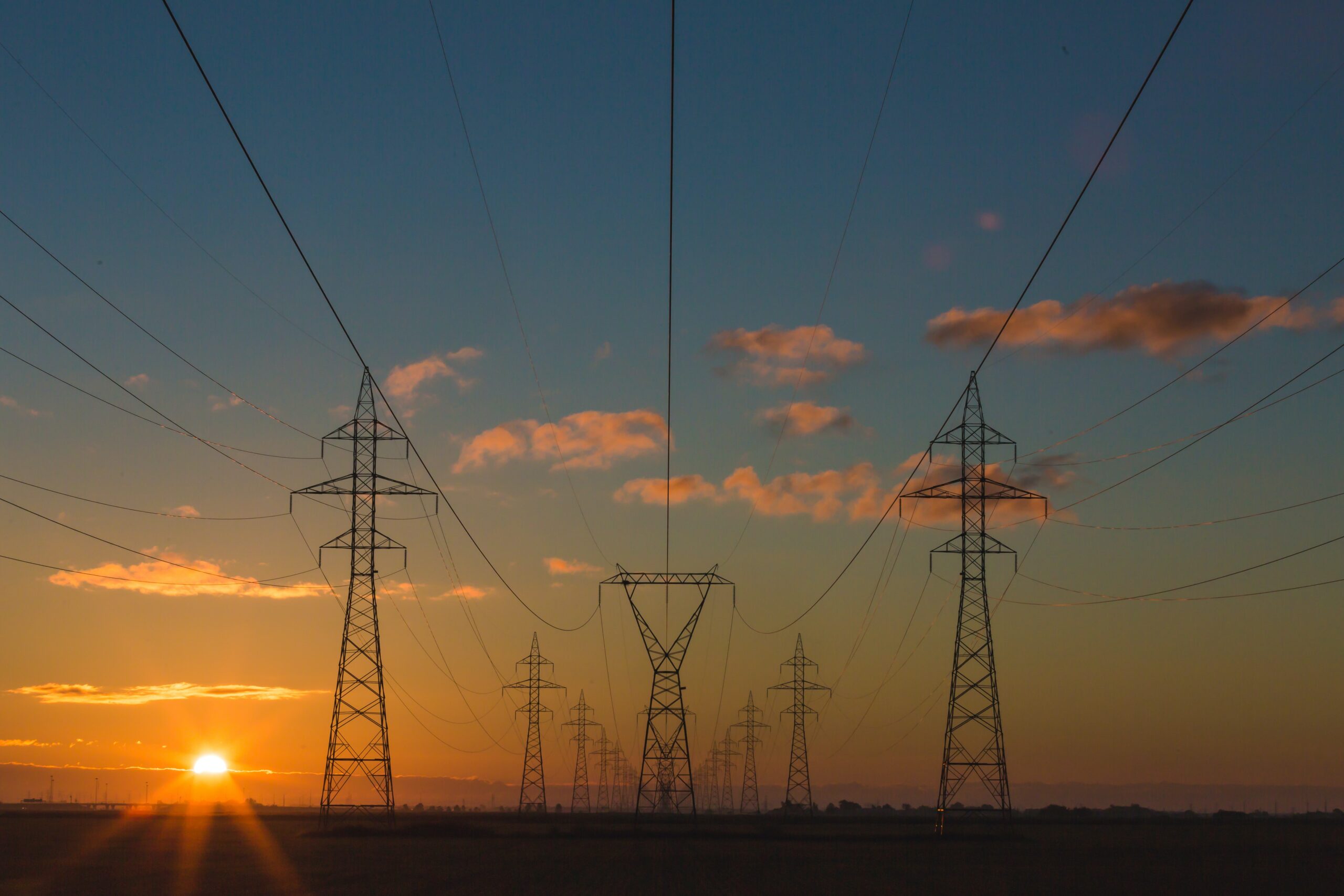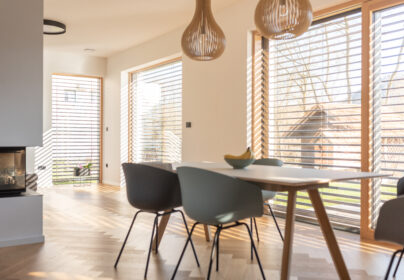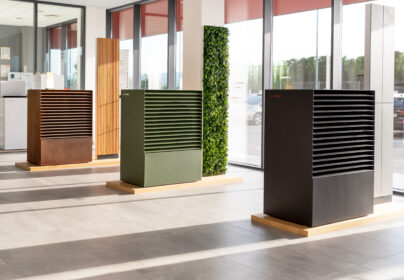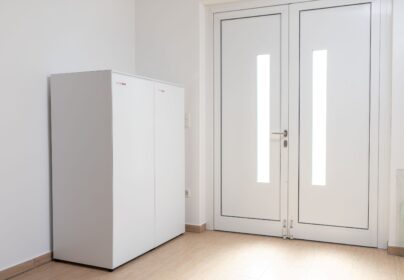A heat pump utilizes renewable sources—air, water, or ground—for its operation. All three sources allow us to obtain the heat needed for heating almost for free. Heat pumps extract around 80% of all the required energy for heating from renewable sources, while the remaining 20% is electricity needed exclusively for the operation of the device. Renewable energy sources, or green energy, are considerably more economical than fossil and solid fuels. Oil and gas furnaces, in addition to fuel, also require electricity for operation. The cost of oil and gas, not to mention the construction of a chimney, is far from economical.
Yearly chimney cleaning and fuel transport are expenses that do not apply to heating with a heat pump. There are no unforeseen annual costs with heat pumps under normal and properly sized loads. Only a preventive service check is advisable, ensuring the continuous optimal operation of the device and preventing potential issues that could lead to more significant problems later. An annual check is recommended, where a technician inspects the entire system, performs measurements, and cleans filters, similar to taking a car for an annual service.
- HOT WATER THROUGHOUT THE YEAR
In addition to heating spaces during the heating season, providing hot sanitary water throughout the year is essential. For some other energy sources (e.g., wood), heating and warming domestic hot water are separate. Hot water is often heated with electric boilers, which consume a considerable amount of electricity. A heat pump solves this problem by having preset settings for two modes: one for the summer, and one for the winter. The winter mode includes both heating domestic hot water and space heating (also automatic). This eliminates the need for any effort or concern about hot sanitary water during months outside the heating season. Users can also opt for a separate domestic hot water heat pump, replacing inefficient electric boilers. The domestic hot water heat pump integrates with all existing heating systems unless the user chooses a heating heat pump.
- MULTIPLE FUNCTIONS IN ONE
As the saying goes, “One is none,” and the same goes for heat pumps—they are not just for heating. In addition to the well-known function of heating spaces and heating domestic hot water, a heat pump can also cool spaces, serving as an excellent alternative to air conditioners. Modern architecture has revolved around glass facades and large open volumes for many years. While this provides partial passive heating during the winter, it can present a significant challenge for shading and cooling during the summer. This is one reason why cooling buildings is becoming increasingly important. In addition to heating, heat pumps provide active cooling (reversible heat pumps, where the pump’s compressor operates during cooling) and passive cooling (in heat pumps with ground/water and water/water systems, where only primary pumps operate during cooling). This eliminates another cost—air conditioning costs.
Have you heard that they might subsidize the use of wood or gas stoves? You haven’t because it doesn’t exist. Subsidies are intended exclusively for the use of renewable energy sources, as the Eco Fund in Slovenia raises awareness and encourages the public to use more environmentally friendly energy sources. For heating system subsidies in your country, check with the local authorities.






